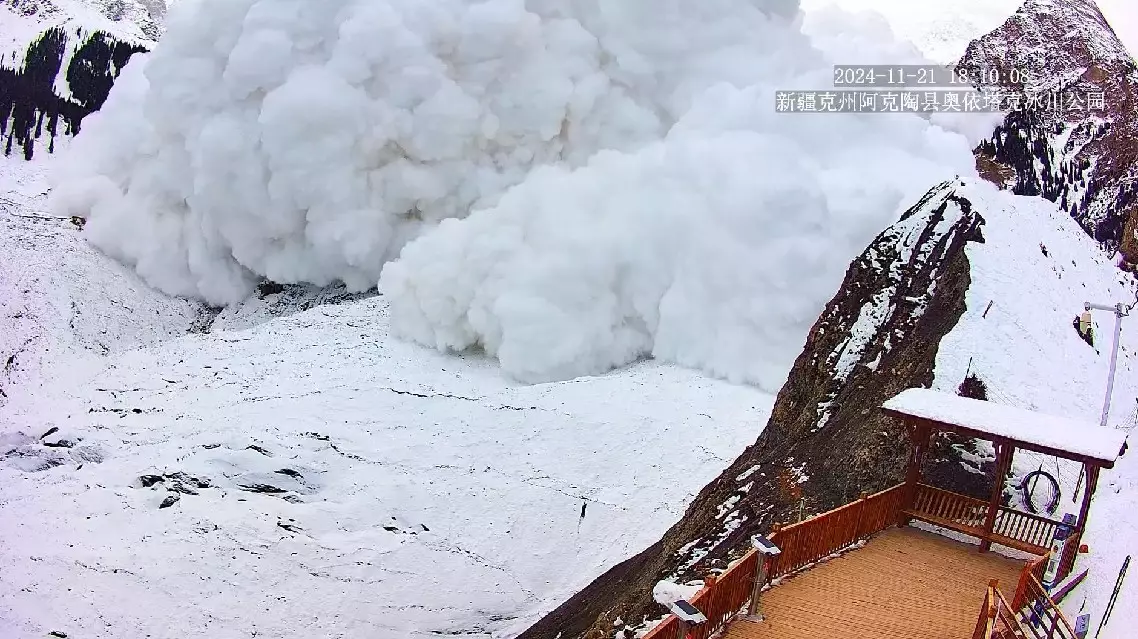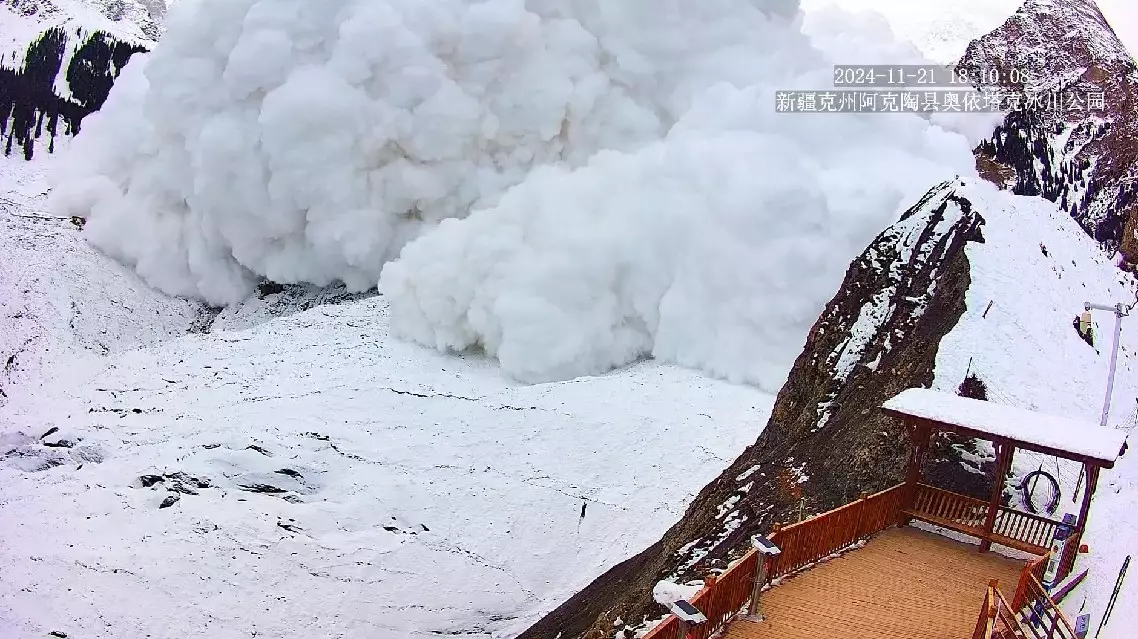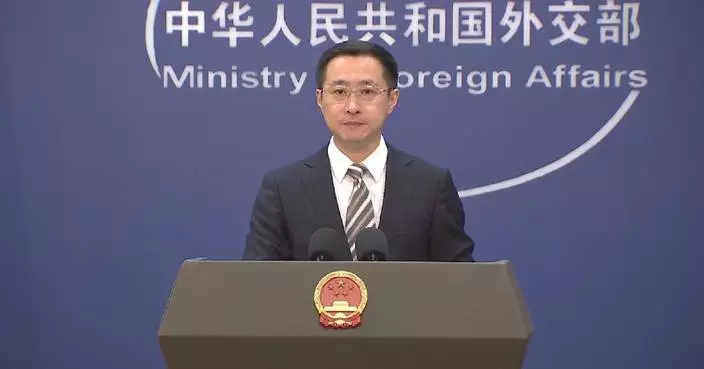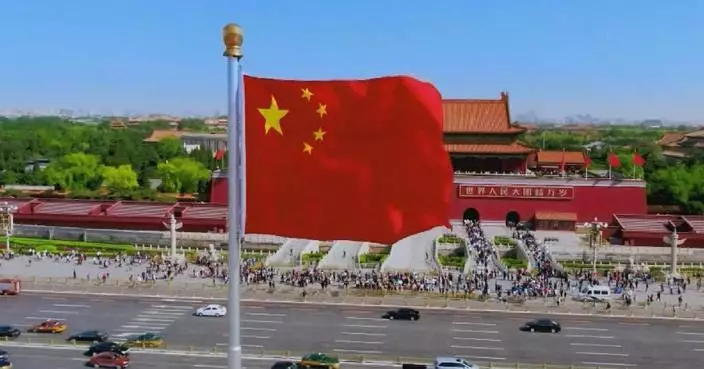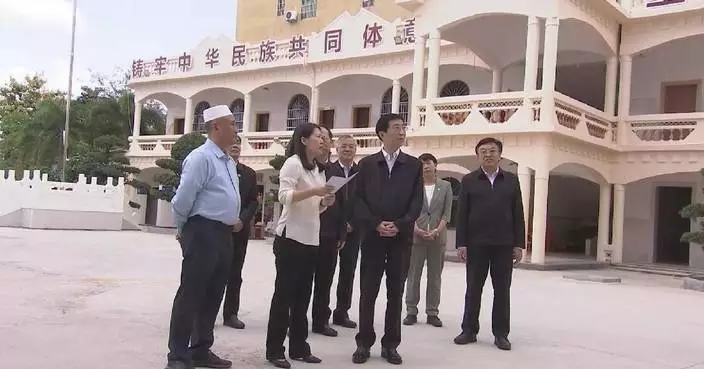Israel's strikes in Lebanon have persisted through the nation's Independence Day celebrations, with air raids demolishing villages and neighborhoods across the country, including the capital, Beirut.
As casualties mount daily, the toll on both life and infrastructure continues to rise.
According to Lebanon's health ministry, more than 3,500 people have been killed in Israeli strikes, while over 1.3 million have been displaced.
Hezbollah leaders continue to be targeted, with the latest being Mohamed Afif, the group's media chief.
Meanwhile, U.S.-led mediation efforts have intensified, with the U.S. envoy proposing to bridge the differences between both sides based on UN Resolution 1701, which defined the mutual border.
"The Lebanese government and Hezbollah have reacted positively to the U.S. proposal to adhere to Resolution 1701 and deploy 15,000 Lebanese troops to secure the border. However, Netanyahu (Israel's Prime Minister Benjamin Netanyahu) asserts that he wants total freedom to enter Lebanese airspace and address what he claims are threats to Israeli security. This clause would be unacceptable to any country; it constitutes an infringement on sovereignty and was, therefore, rejected," said Mohamed El Ruz, a Lebanese Political analyst.
However, the deadlock is not only between Hezbollah and Israel but also within Lebanon itself. A political and social landscape already fraught with volatility has become even more divided due to Israel's war on Lebanon.
The nation is divided between those who support Hezbollah and those who seek to disarm the group, accusing it of dragging the country into a war it is not equipped to fight.
"This deep-rooted political chaos in Lebanon has weakened the country's resistance to Israeli aggression. But there is also unlimited support from the United States and some Western governments for Israel's aggression. The U.S. is the main supporter of the Zionist enemy and is providing all its military, intelligence, financial, economic, and diplomatic capabilities to cover up Israeli murders and war crimes," said Osama Saad, a Lebanese Member of Parliament.
Many are anticipating potential shifts in U.S. foreign policy when President-elect Donald Trump takes office in January.
"He will seek to achieve a ceasefire in Lebanon, but not out of sympathy for Lebanon. It has been circulating that Netanyahu will give Trump the ceasefire as a gift, and in return, Trump's gift will be to allow Israel to invade and annex Palestine's West Bank," said El Ruz.
Since September 23, the Israeli army has intensified its airstrikes on Lebanon, escalating the conflict with Hezbollah. In early October, Israel also launched a ground operation across its northern border into Lebanon.

Lebanon marks National Day amid ongoing Israeli aggression, rising number of civilian casualties

Lebanon marks National Day amid ongoing Israeli aggression, rising number of civilian casualties


